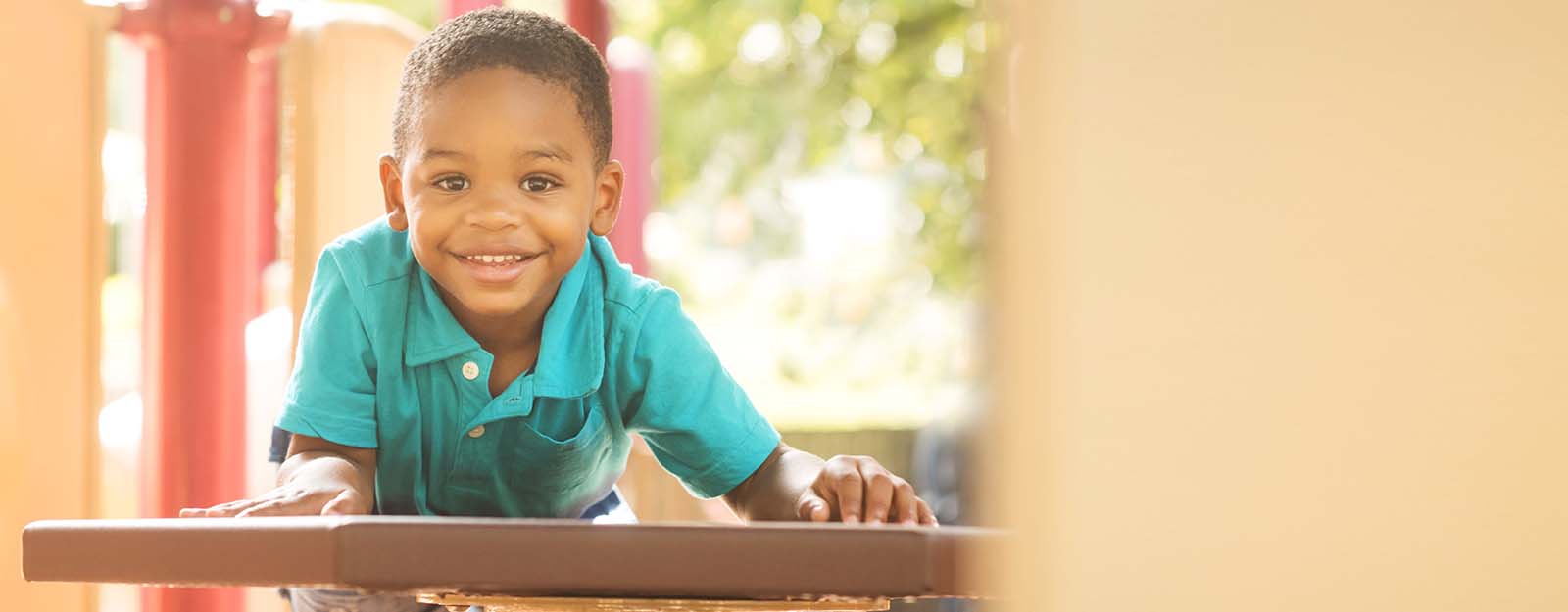- Research Research
-
Care and Services
- Care and Services
- ABA Therapy Program
- School Consultation Program
- Appointments and Referrals
- Assessment and Diagnosis
- Complex Behavior Support Program
- Multidisciplinary Feeding Program
- Language and Learning Program
- Louise and Brett Samsky Preschool
- Medical Services
- Family Support and Care Coordination
- Therapeutic Services
- Resources Resources
-
Training
- Training
- Crisis Prevention Program
- Educational Programs
- Outreach Programs
- Training and Outreach Team
- Get Involved Get Involved
Why does funding for autism research matter?
At Children’s Healthcare of Atlanta, nothing matters more than kids. As healthcare providers and conscientious members of our community, we believe we have an obligation to help provide each and every child in Georgia access to the specialized care they deserve. This is why the team at Marcus Autism Center, a subsidiary of Children’s, goes above and beyond to help give kids with autism spectrum disorder (ASD) every opportunity to reach their full potential.
However, as a not-for-profit organization, we can’t do what we do without the support of others in our community. The demand for this kind of specialized pediatric care is greater than ever. The Centers for Disease Control and Prevention estimates about 1 in 36 (2.8%) 8-year-old children living in ADDM Network sites were identified with ASD in 2020.
Marcus Autism Center is one of the only places in the country poised to alter this trajectory and change the future of autism spectrum disorder. As one of the largest autism centers in the U.S. and one of only five National Institutes of Health (NIH) Autism Centers of Excellence, we are actively involved in research to pinpoint the earliest signs of ASD and to determine better ways to treat the disorder. We integrate our research into clinical practice. And we go beyond our center’s doors to share our research and train providers worldwide.
Our team knows that research is the key to proper diagnosis, early intervention and groundbreaking discoveries for children with autism. Here’s how we are putting donor funds to work and shaping the future of ASD care and treatment.
- We’re using eye-tracking technology to track what babies look at, and what they don’t, to reveal a direct genetic influence on the way infants see their social world.
- We’re mapping how the brain changes during this crucial window of development. What we learn will help us to diagnose and treat autism as early as possible.
- We’re leveraging applied behavior analysis (ABA) to develop more effective behavioral assessments, interventions and training methods.
- We’re working to develop educational strategies that promote inclusive classroom environments and active engagement for students with autism.
- We’re discovering new methods to prevent, mitigate and/or treat atypical relationships children have with food.
- We’re providing community-based tools and training on how to detect autism and appropriately intervene with young children and their parents and caregivers.
These are just some of the ways Marcus Autism Center is maximizing the potential of children with autism. With ongoing community support, we will continue to serve as a trusted resource for children and their families for generations to come.

